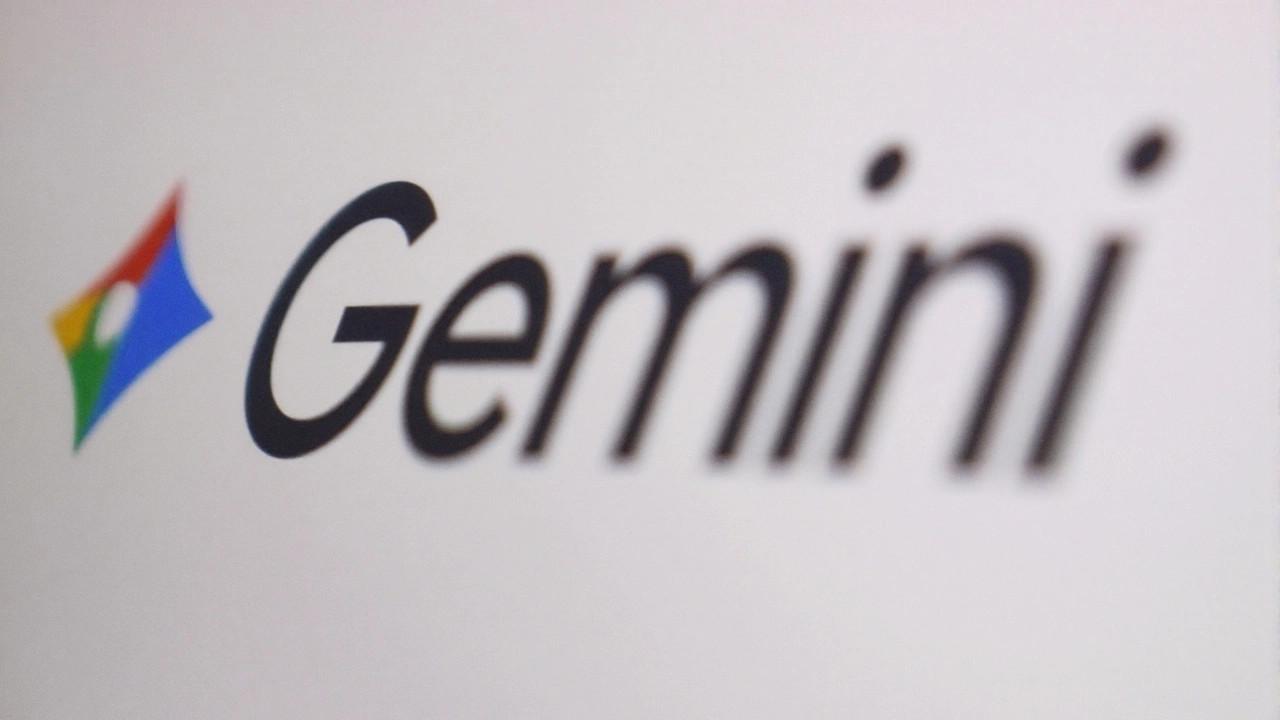September 2025 Archive: AI Tools and New Features
When browsing the September 2025 archive, a collection of posts that capture the most recent tech updates for that month. Also known as the 2025/09 roundup, it lets you spot trends without digging through endless pages. One standout entry this month is about Google Gemini, Google’s multimodal AI platform that answers questions, writes text, and now processes audio files. It’s often called Gemini AI, and the new feature directly targets creators who need quick transcriptions. The archive shows how this rollout bridges a gap that many users complained about for years.
Key Features and Related Concepts
The most talked‑about addition is audio uploads, the ability to send MP3, WAV, or ZIP files to an AI for processing. Think of it as a voice‑to‑text shortcut built right into the app. Whether you’re on Android, iOS, or the web, you can drop a podcast episode into Gemini and get a timestamped transcript in minutes. This capability relies on common file formats like MP3 and WAV, which are supported by virtually every device. The platform also accepts ZIP archives, so you can batch‑process a whole series of recordings at once. For people who run webinars, interview series, or regular meetings, this means less manual typing and more time for editing or analysis.
Why does this matter? Because it connects a few important entities. The archive shows that the new audio feature enables faster content creation, requires only a basic internet connection, and influences how creators plan their workflow. Compared to older tools, Gemini now offers up to three hours of audio per prompt for paid plans, while free users get ten minutes and five prompts daily. That pricing structure mirrors what you see in competing services, yet Gemini’s integration across mobile and desktop makes it a strong contender for people who hop between devices.
Beyond the technical specs, the posts highlight real‑world use cases. A podcaster can upload an episode, receive a clean transcript, and then feed that text back into Gemini to generate show notes. A corporate team can record a Zoom call, zip the recording, and get an instant summary that highlights decisions and action items. Even students can record lecture audio and let the AI produce study guides. Each scenario demonstrates how the September 2025 archive ties together AI, audio handling, and productivity tools into a single ecosystem.
What you’ll find next in this collection are the detailed posts that break down each feature, compare pricing tiers, and share tips for getting the most out of Gemini’s audio uploads. Whether you’re a beginner looking to try out the free tier or a power user ready to batch‑process hours of content, the entries below give you the context you need to decide if this update fits your workflow. Dive in to see how the latest AI advancements can streamline your own projects.
Google’s Gemini app now supports audio file uploads—its most requested feature. Users on Android, iOS, and web can upload MP3, WAV, and other common formats, plus ZIP archives. Free users get 10 minutes per prompt and 5 prompts daily; paid plans allow up to 3 hours per prompt. The update streamlines workflows for podcasts, meetings, and interviews and brings Gemini closer to ChatGPT feature parity.
Continue reading...
